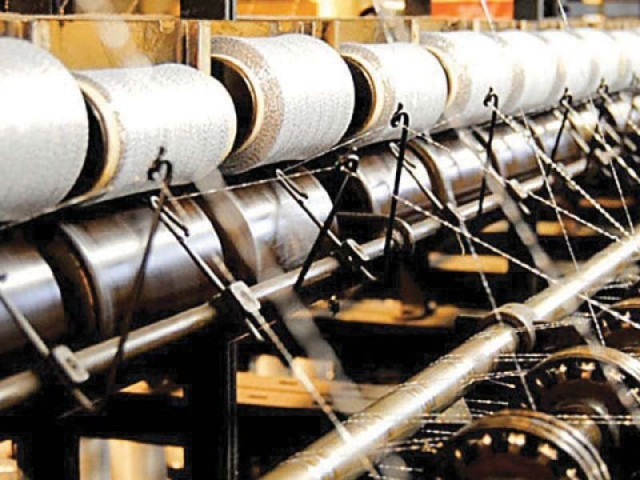Cotton yarn exports hit $203m
Pakistan's yarn has strong acceptance in China's denim market due to quality, pricing

Pakistan exported cotton yarn worth $203.29 million to China in the first half of 2025, according to the General Administration of Customs of China (GACC). The figure indicates a 19% decline compared to $251.51 million during the same period in 2024, but the sector continues to maintain a strong bilateral trade momentum.
Under commodity code 52051200, uncombed single cotton yarn exports reached $112 million from January to June 2025 versus $144.85 million in the same period of last year. The average price for this year was $2.40 per kg and 46.48 million kg was exported to China. Pakistan was the second largest exporter of this category after Vietnam, which exported $340.69 million worth of yarn. Under commodity code 52051100, exports from Pakistan to China were recorded at $90 million, down from $102.96 million last year.
Keywin Trading Ltd China Director of Marketing Sajjad Mazahir noted that Pakistan's cotton yarn exports under HS code 5205 have been consistent for decades. "The industry has transformed from surplus production of generic commodities to a supplier brand-based approach to raw materials with supply chain management principles. Many factories now hold registered IP rights and trademarks both domestically and internationally, bringing recognition to the country," he said.
Mazahir added that cotton yarn exports to China provide Pakistan with valuable foreign exchange from a secure financial system, as transactions are largely conducted via Letters of Credit from Chinese banks. Currently, about 10-15% of production capacity is exported, reflecting the growing domestic manufacturing of garments for export, particularly casual wear.
Despite challenges such as high energy, logistics and financing costs, Pakistan's cotton yarn has strong acceptance in China's denim market due to quality and competitive pricing, he said.
Pakistan's traditional cotton varieties continue to offer a competitive edge for producing high-quality yarns used in denim, towels, knitwear and socks, ensuring textile trade remains a vital part of Pakistan-China economic cooperation.
He believes this is a positive decline because under the China-Pakistan Free Trade Agreement, Pakistan is shipping more finished goods to China, adding that it's a long journey and consistent efforts both at the government level and by private business will enable Pakistan to avail a greater opportunity for the industry.
This article originally appeared on China Economic Net























COMMENTS
Comments are moderated and generally will be posted if they are on-topic and not abusive.
For more information, please see our Comments FAQ